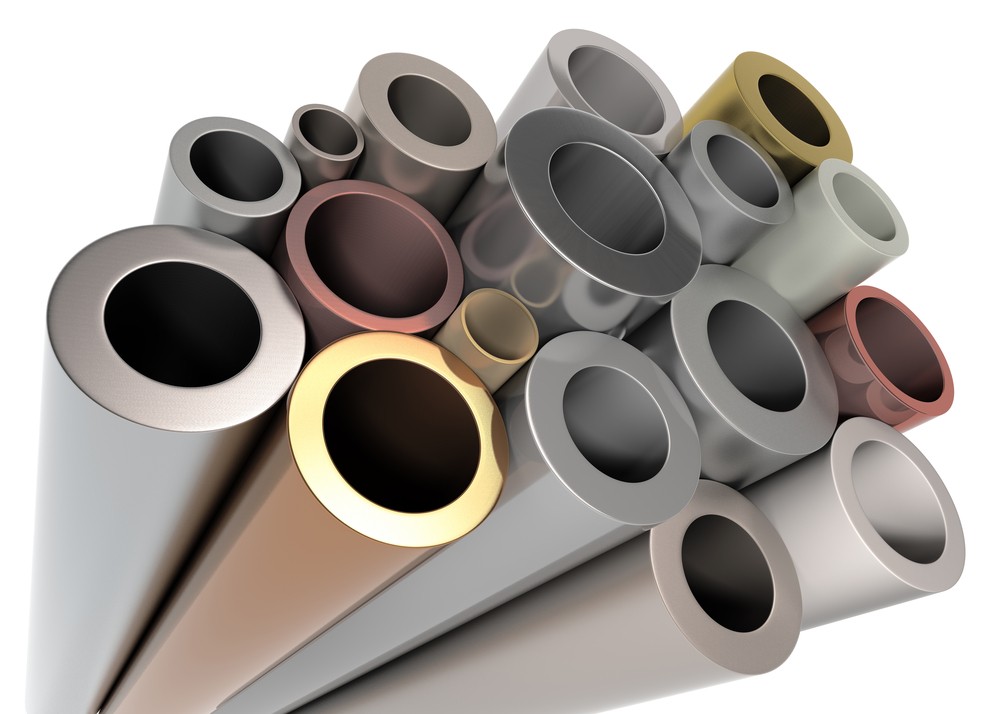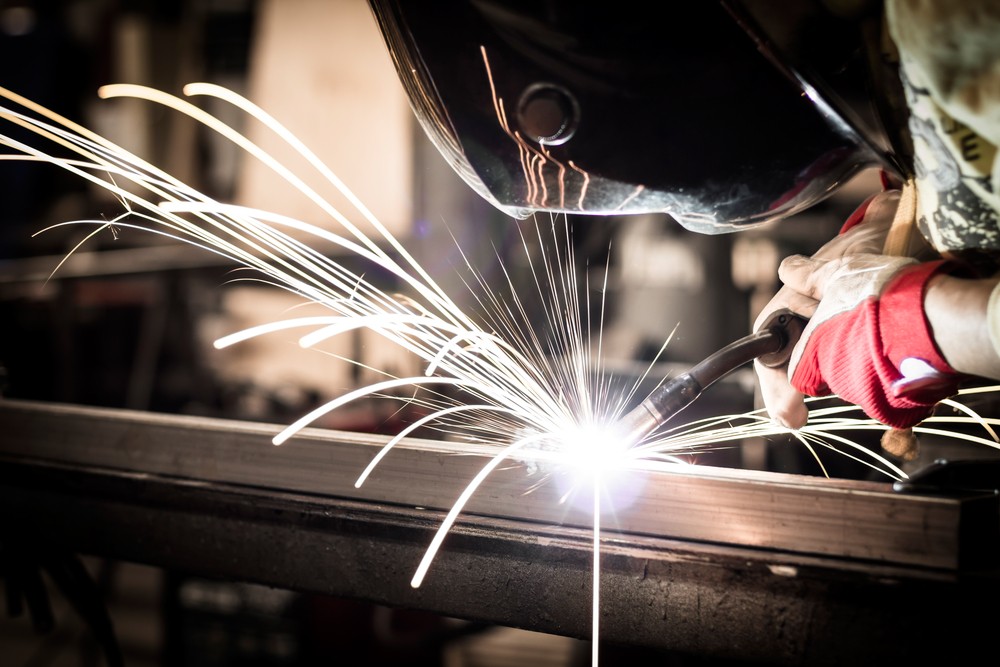If you’re on the fence about which metal alloy to choose for your metal casting needs, consider aluminum bronze. This metal compound is extremely adaptable to the metal casting process and has a proven track record of success in a host of industries–from airlines to oil and gas.
When safety and strength are your top priorities, take a closer look at aluminum bronze alloy.
What is Aluminum Bronze?
If you’re unfamiliar with aluminum bronze, allow us to introduce you to this adaptable material. Aluminum bronze is created when an aluminum alloy is added to copper. The percentage of aluminum determines the grade of aluminum bronze, allowing the metal to take on a variety of different physical properties. That said, when you cast aluminum and bronze together, the alloy generally retains the features that make it so worthwhile:
- Immense Strength: In an industry where safety is critical, oil and gas platforms make extensive use of aluminum bronze for pumps, valves, and pipes.
- Reliable Corrosion Resistance: For decades, tankers and ships have relied on aluminum bronze propellers to ward off corrosion as they cut through the water. Aluminum bronze is tarnish-resistant and resists corrosion from atmospheric conditions, high temperatures, low temperatures, and harsh chemical environments. Aluminum bronze is also biostatic, meaning that it prevents the growth of biological elements on its surface making it a more favorable choice over other non-copper alloys.
- Non-Sparking: Aluminum bronze is used in a multitude of industries because it doesn’t throw off sparks under any circumstance. This is important in oil and gas, mining as well as the aerospace and transportation industries.
- Non-Magnetic: This property makes aluminum bronze ideal for working in industries that use high-powered magnets, like MRI machines in hospitals.
Those are just a handful of the reasons casting bronze with aluminum is a time-tested alloy in several prominent industries. The alloy also demonstrates incredible thermal and electrical conductivity while maintaining its ability to withstand metal-on-metal wear.
Aluminum Bronze vs. Other Types of Bronze
So why should you use aluminum bronze in casting as opposed to other types of bronze combinations? Well, aluminum bronze is just one of the types of bronze that are used in different types of building materials. Bronze is an alloy that’s combined with other materials to create products for different applications. The main difference is that aluminum bronze is often used for carrying corrosive materials or materials underwater.
A Metal for Wear and Tear
One of the best aspects of aluminum bronze is its ability to be welded, even after it has been cast. This means that aluminum bronze is a unique metal that can be safely and efficiently repaired with welding once it is in place. In a lot of cases, aluminum bronze parts don’t even need to be removed to be fixed.
The Perfect Addition to Your Casting Operation
Just like aluminum bronze, General Kinematics is unique. We work tirelessly to establish a reputation for excellence across a vast breadth of industries. Our world-class vibratory equipment is ideal for rugged foundry processes, mining operations, and so much more.
Our custom-designed foundry equipment will be the perfect addition to your operation, especially aluminum die casting. We can bring your entire process to a whole new level of efficiency. Contact us today, and we’ll show you how.
At General Kinematics, excellence is a guarantee. Contact us today!








